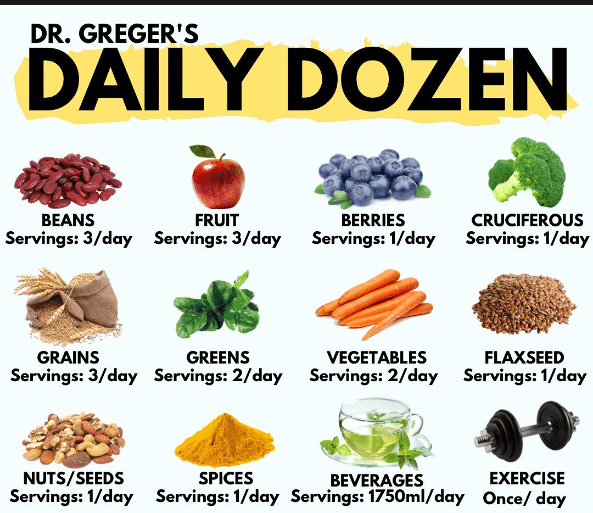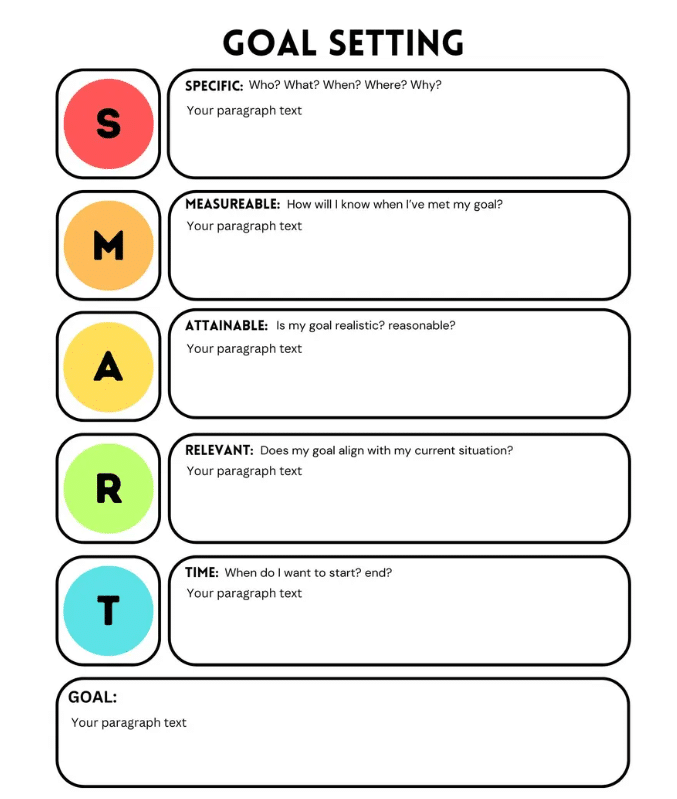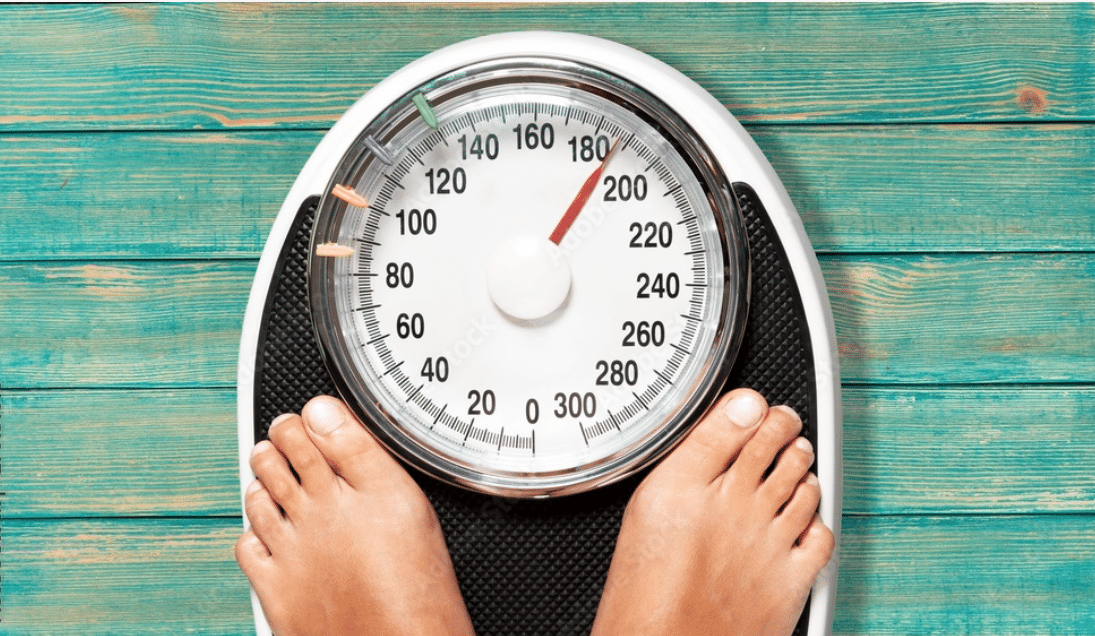We want to make sure we get all the vitamins and minerals that we need, so how do we know what to eat to achieve this goal? It’s also important to make sure we keep a balance of foods for fiber and microbiome health to keep a strong body and mind. This all seems a bit overwhelming when trying to decide what to do day to day. Never fear, several of the plant-based doctors have mnemonics to help you think about important additions to try and eat daily for good health.
In the book How Not to Die. Dr. Michael Greger recommends the Daily Dozen, which even has a free app that you can download to help you keep track. If you look at the checklist below, you can see the serving of each food group that he recommends. Detail of the daily dozen and the importance Dr. Greger has found in science is found in his book, How Not to Die.
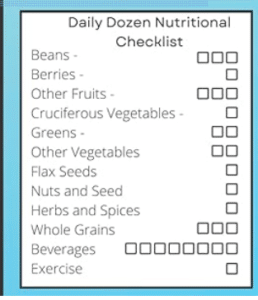
Dr. Joel Furman, author of the book Eat to Live, has coined the term G-BOMBS. G-BOMBS is an acronym that you can use to remember the best anti-cancer, health-promoting foods on the planet. According to Dr. Furman, these are the foods that you should eat every day, making up a significant proportion of your diet. They are extremely effective at preventing chronic diseases, including cancer, and promoting health and longevity.
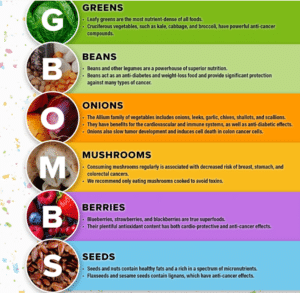
Dr. Will Bulsiewicz, a plant-based gastroenterologist in his book Fiber Fueled, recommends F GOALS for gut health. F-GOALS was created as a method for incorporating more plants into your diet to optimize nutrient diversity and increase fiber intake to help feed our gut microbiome:
- F: Fruit & fermented foods
- G: Greens & grains
- O: Omega-3 Super seeds
- A: Aromatics (onions, garlic)
- L: Legumes
- S: Sulforaphane (broccoli sprouts and other cruciferous veggies)
For brain health, neurologists Dr Dean & Ayesha Sherzai, authors of The 30-Day Alzheimer’s Solution, recommend NEURO (Nutrition, Exercise, Unwind, Restorative sleep, and Optimize). This encompasses more than just diet. It also includes areas of lifestyle they found to be key to promote brain health as we age.
- Nutrition (The Neuro-9) Greens, whole grains, seeds, beans and legumes, berries, nuts, crucifers, tea, herbs & spices.
- Exercise-aerobic and strength training
- Unwind-reduce stress
- Restorative sleep
- Optimize – challenging your brain every day, social engagement
The Sherzai’s app can help you keep track of the items important for brain health: https://thebraindocs.com/the-neuro-plan-app/
There are plenty of philosophies for diet and lifestyle. Whatever you decide is best for your health, make it a goal, and then commit. If you don’t commit to some basic principles, then in times of stress, it is easy to cross that line. Maybe you decide you will not eat fried food, or processed meats, or that you will eat fruit or vegetables at every meal. These are all excellent health goals. Now that you have decided on a dietary health goal, stick to it. Those dietary health goals are fairly black-and-white, easy to follow, and do not allow wiggle room. A health goal like this is much easier to stick to than a general statement like “I will eat less salt.”
I keep it simple and try to incorporate several food items into my daily routine. I like to have one tablespoon of ground flaxseed, berries, mushrooms, and green leafy vegetables every day. I also try to stay well hydrated by drinking plenty of water and getting exercise daily. Remember, you don’t need to get in all the recommended vitamins or nutrients every day, but what you do over the week and month is what counts. We want to give our bodies the healthy building blocks that they need to keep us in great mental and physical shape.

